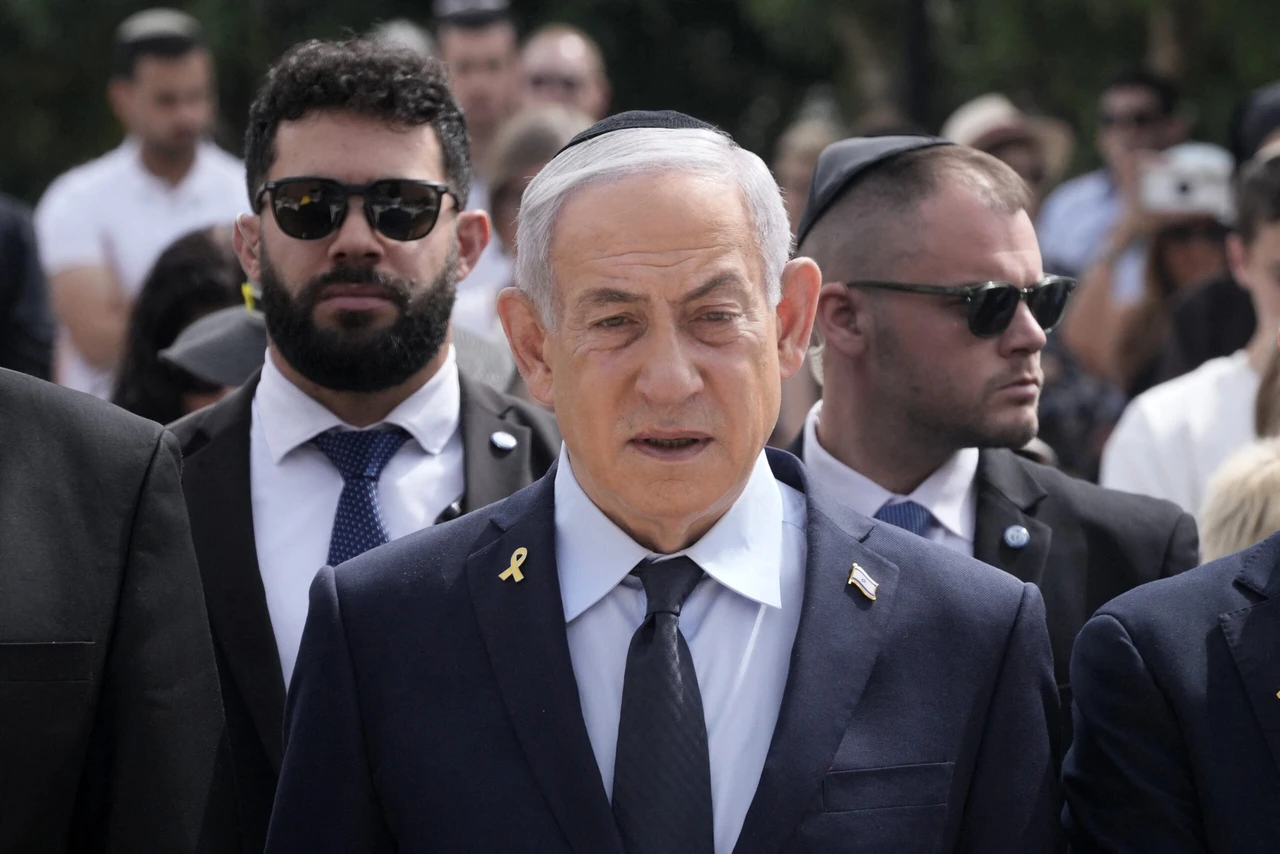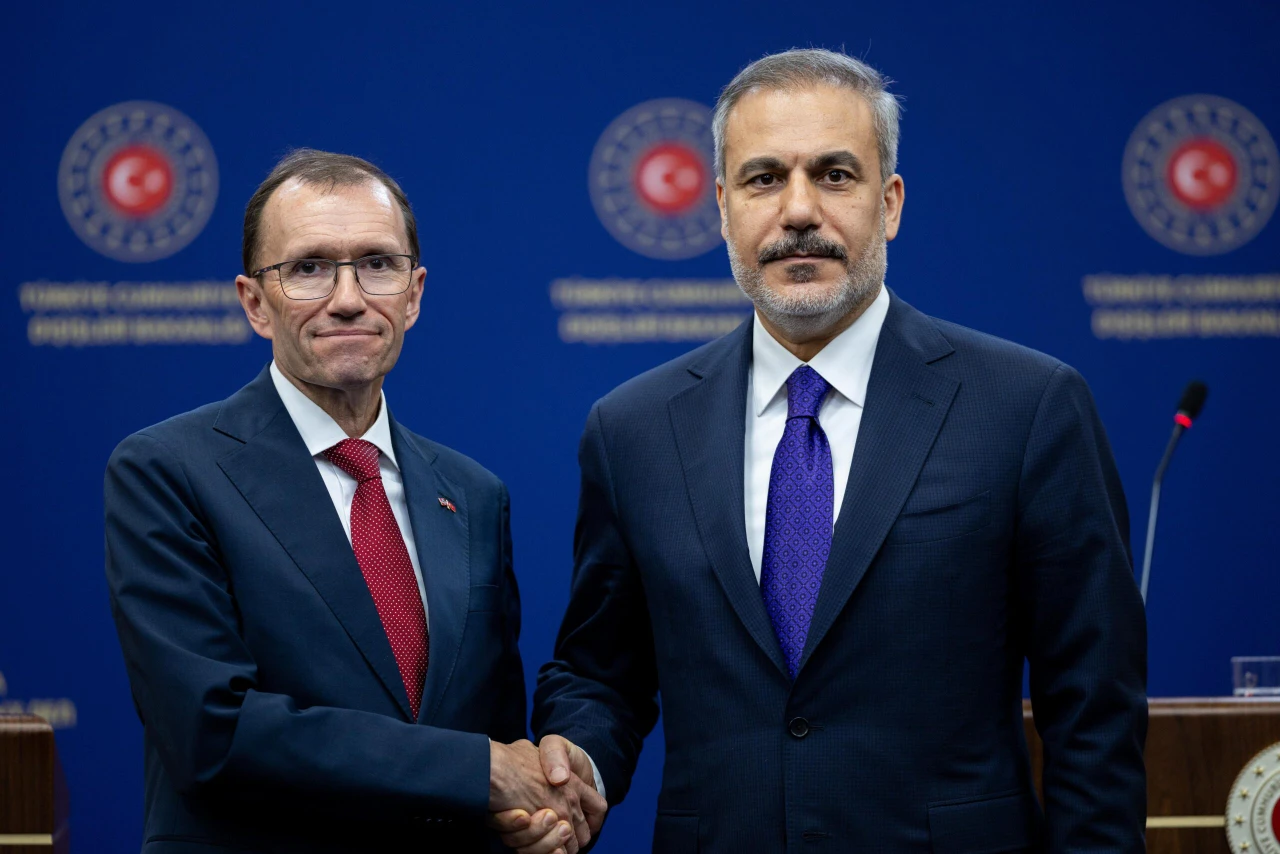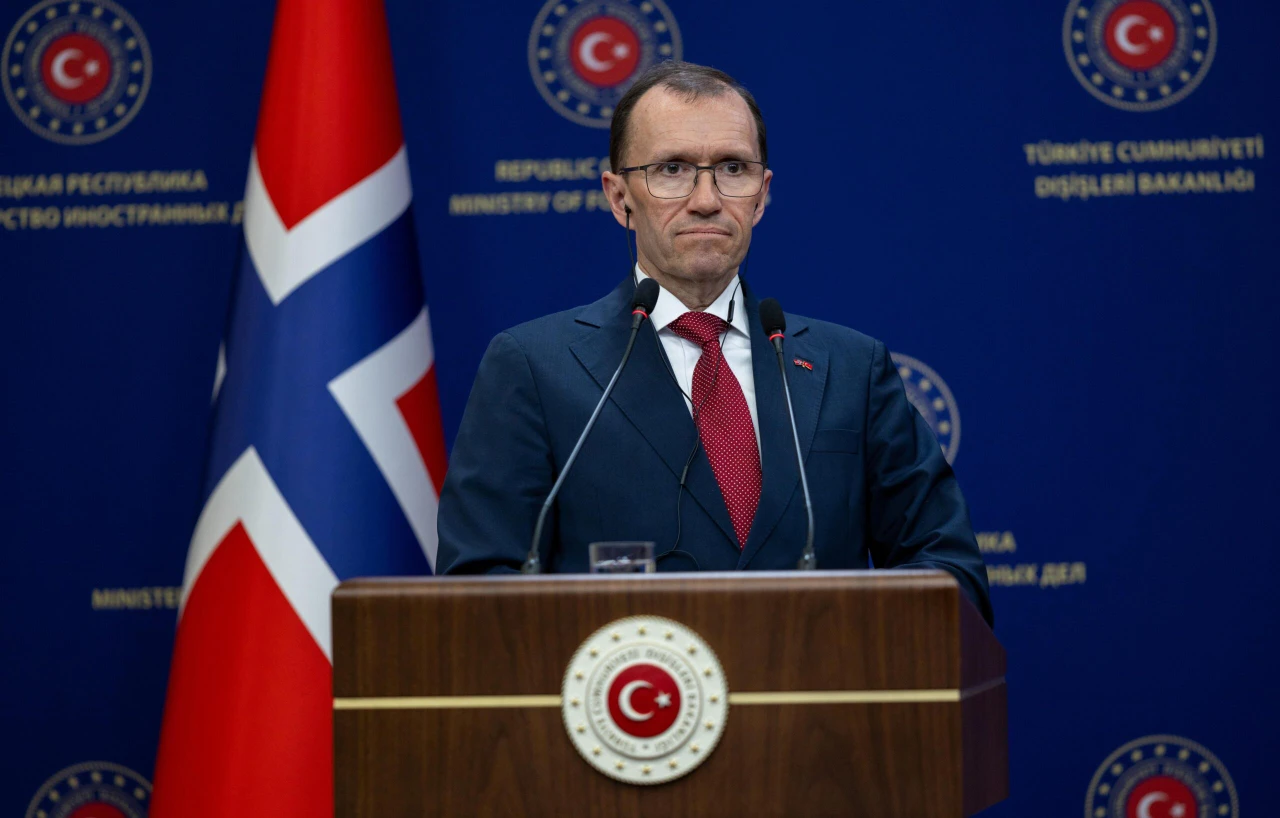New evidence on Gaza paramedic killings contradicts Israeli army’s account
 This image grab from a handout video reportedly recovered from the cellphone of an aid worker killed in Gaza alongside other rescuers and released by the Palestine Red Crescent Society (PRCS)on April 5, 2025, shows a Red Crescent ambulance with its emergency lights flashing as it drives toward a fire truck and other ambulances in Rafah in the southern Gaza Strip, according to the PRCS. (Photo by Palestinian Red Crescent / Handout / AFP)
This image grab from a handout video reportedly recovered from the cellphone of an aid worker killed in Gaza alongside other rescuers and released by the Palestine Red Crescent Society (PRCS)on April 5, 2025, shows a Red Crescent ambulance with its emergency lights flashing as it drives toward a fire truck and other ambulances in Rafah in the southern Gaza Strip, according to the PRCS. (Photo by Palestinian Red Crescent / Handout / AFP)
Internal documents reviewed by Israeli media outlet Haaretz suggest that Israeli army soldiers opened fire on Palestinian paramedics and rescue vehicles in Gaza for over three minutes from close range, contrary to official accounts.
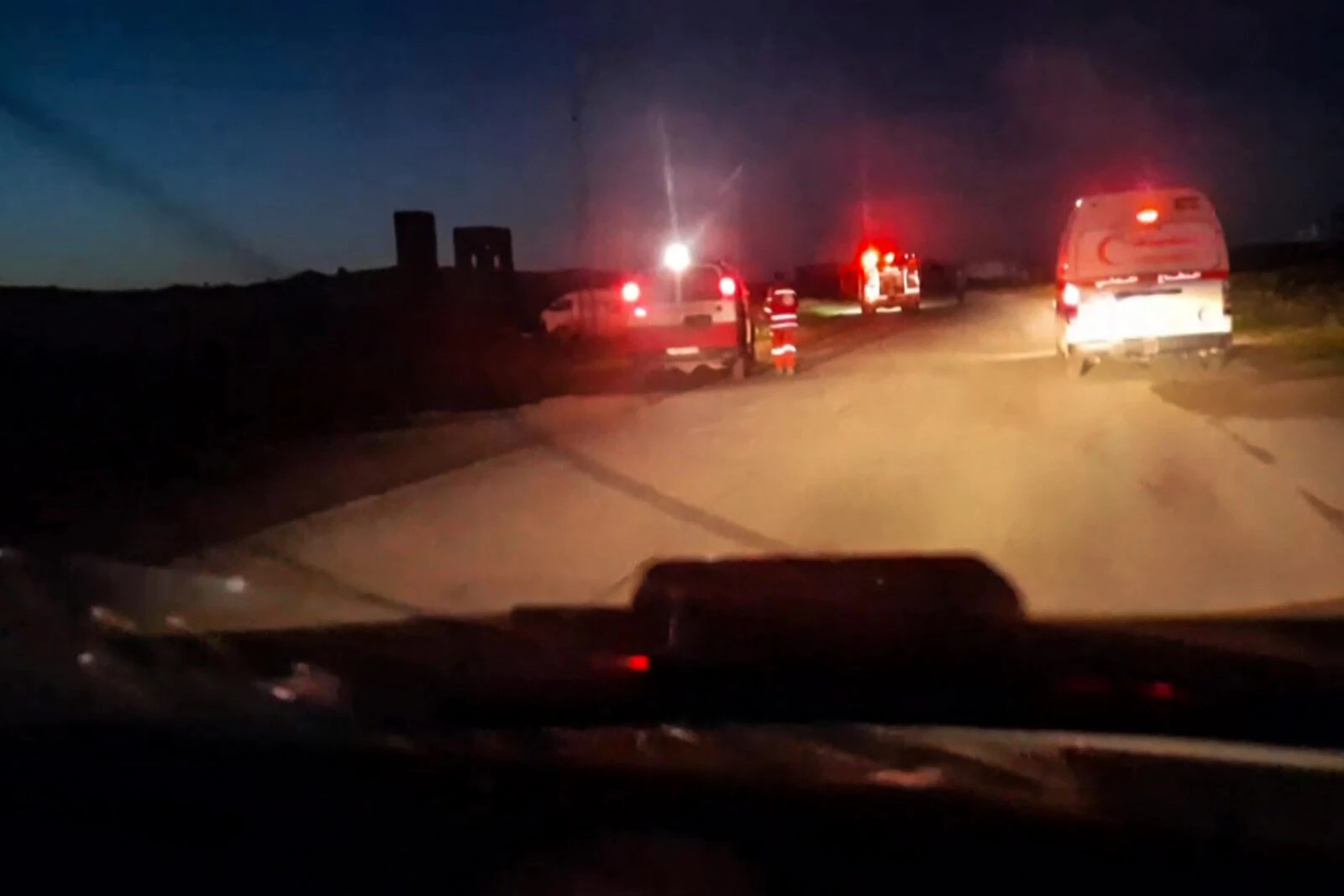
Israeli army materials reveal extended gunfire on aid convoy
The deadly shooting, which occurred in the early hours of March 23 near Rafah, resulted in the deaths of 15 aid workers. According to Hareetz, the evidence—including drone footage and soldier testimonies—indicates that the Israeli army’s Special Operations Forces (SOF) Sayeret Golani unit fired multiple magazine rounds despite visible flashing lights and identification attempts by the civilian paramedics.
The original Israeli army statement said the force did not fire indiscriminately, a conclusion echoed in a recent General Staff investigation summary.
“The troops did not engage in indiscriminate fire but remained alert to respond to real threats identified by them,” the Israeli military stated in a summary of its internal probe. “The examination found no evidence to support claims of execution.”
“The Israeli army regrets the harm caused to uninvolved civilians. The examination process also serves as part of an ongoing effort to learn from operational incidents and reduce the likelihood of similar occurrences in the future,” the statement from the Israeli army said.
However, internal materials suggest otherwise, showing a prolonged attack on marked ambulances and fire trucks.
Force deviated from mission to target ambulances
According to Haaretz, the Sayeret Golani unit had been ordered to prepare an ambush ahead of a surprise offensive in Tel al-Sultan.
The route where the force was deployed was accessible to civilian and medical traffic without special clearance.
At approximately 3:57 a.m., an ambulance passed the Israeli army position with sirens on. Despite being under no visible threat and instructed not to reveal their presence, the deputy commander of the unit reportedly ordered the troops to engage the vehicle.
Two aid workers were killed, and one person was detained.
The soldiers allegedly disabled the ambulance, concealed the bodies, and resumed their ambush. A subsequent convoy of rescue vehicles arrived, with medics clearly marked and wearing reflective gear.
The Israeli troops opened fire again, killing 12 more aid workers.
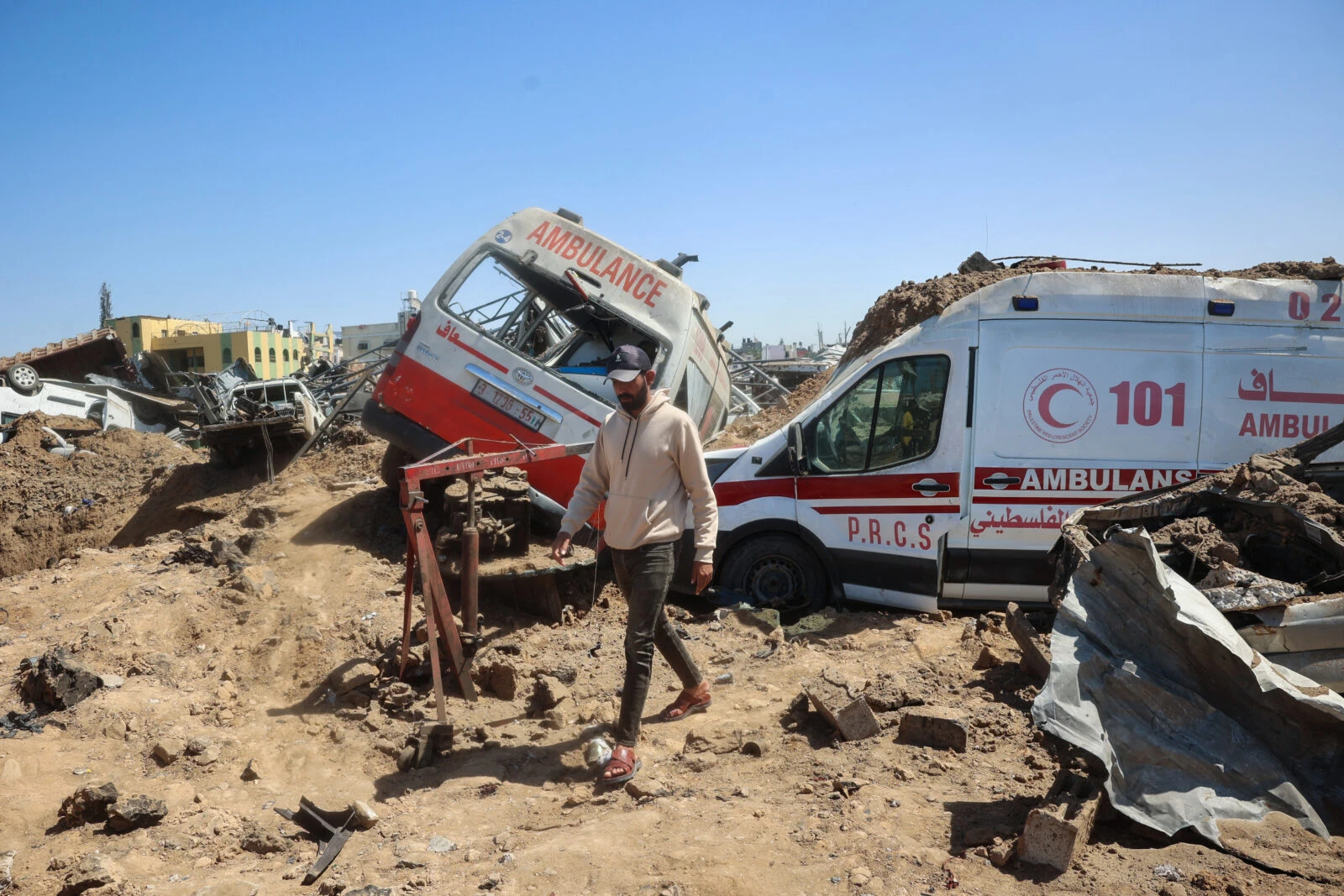
UN vehicle also targeted, Israeli army advanced operation timeline
The internal Israeli army review states that a United Nations vehicle with a U.N. Agency for Palestine Refugees (UNRWA) worker approached the area during the incident.
Despite its identification lights, the unit opened fire, killing the worker.
Following the shooting, brigade commanders reportedly ordered the concealment of bodies and destruction of the vehicles to preserve the upcoming operation’s secrecy.
Due to concerns that the force had been exposed, the Israeli army launched its Tel al-Sultan assault two hours earlier than planned.
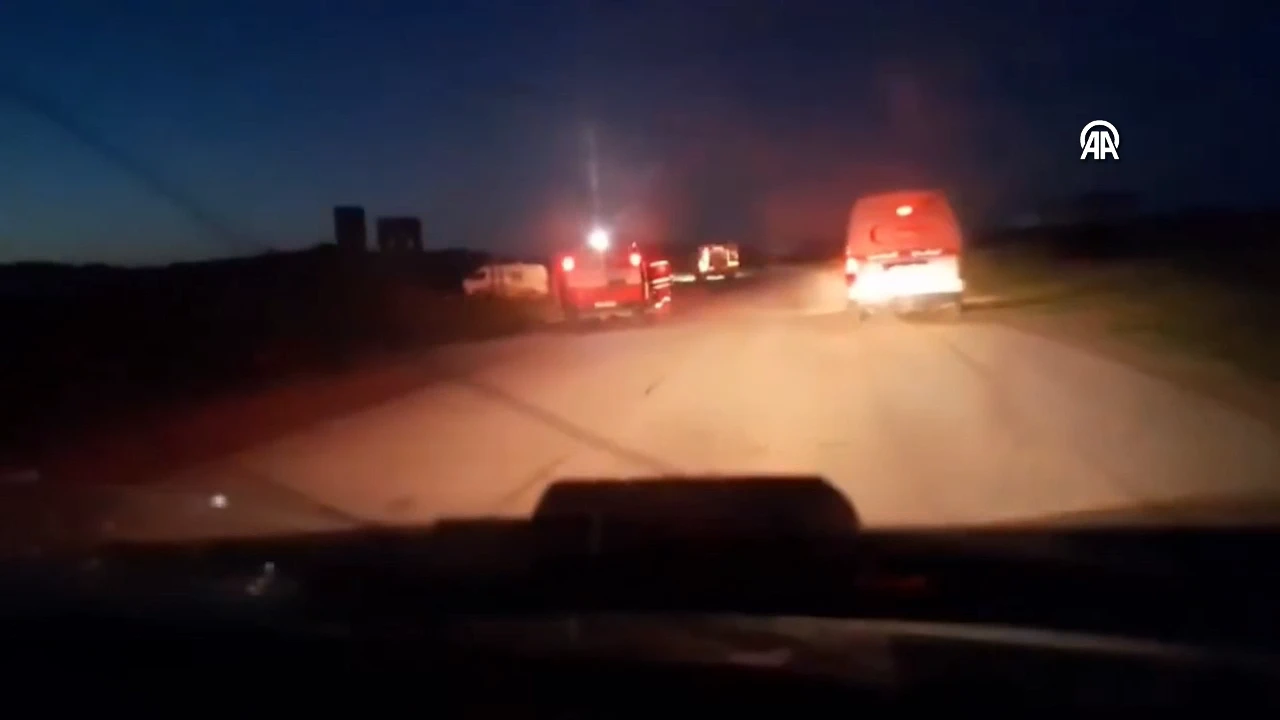
Disciplinary action and public rebuttal
Israeli army’s Chief of Staff Eyal Zamir removed the deputy battalion commander for his handling of the operation and for providing incomplete reports. Col. Tal Alkobi, commander of the 14th Brigade, received an official reprimand.
While the Israeli army investigation concluded that six of the 15 killed were retroactively identified as Hamas members, it did not specify which individuals or clarify their roles. Sources familiar with the matter indicated none were part of Hamas’ military wing.
The aid workers killed were named by the Red Crescent and Civil Defense as Mustafa Khafaja, Izz al-Din Sha’at, Salah Ma’amar, Rifaat Radwan, Muhammad Bahloul, Ashraf Abu Labda, Muhammad al-Hila, Raed al-Sharif, Yusuf Khalifa, Fuad al-Jamal, Zuhair al-Farra, Anwar al-Attar, Samir al-Bahabtza, Ibrahim al-Maghari, and Kamal Muhammad Shakhtut.
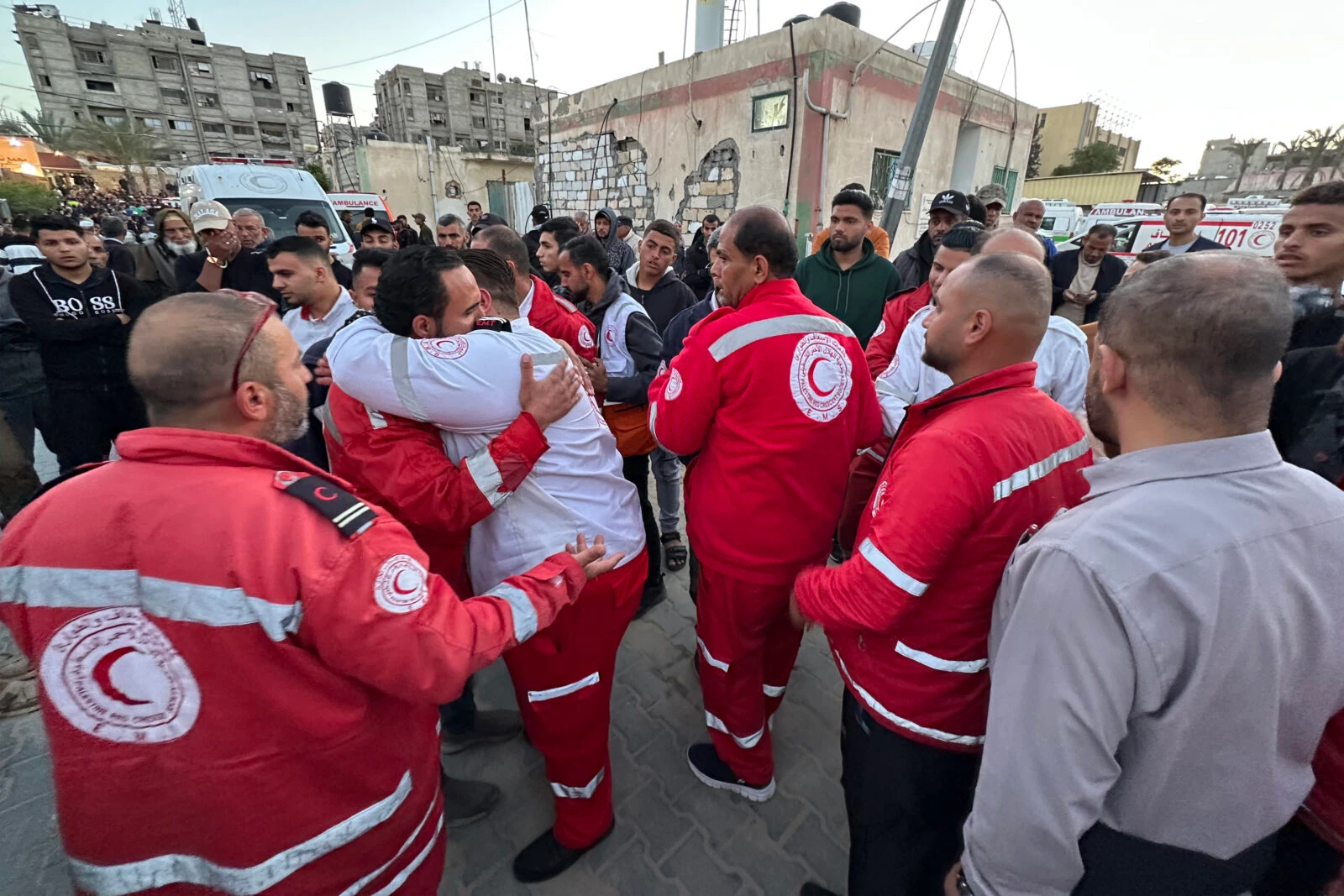
Legal challenge over survivor’s detention
Assad al-Nsasrah, one of the two survivors, is currently in Israeli custody. His family filed a petition with Israel’s high court on Wednesday, seeking disclosure about his detention.
Under emergency legislation, detainees from Gaza can be held without legal counsel for up to 45 days. Nsasrah will not have access to a lawyer until May 7.
